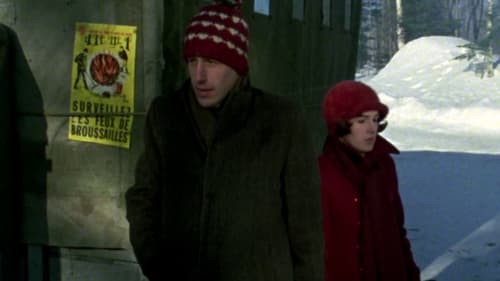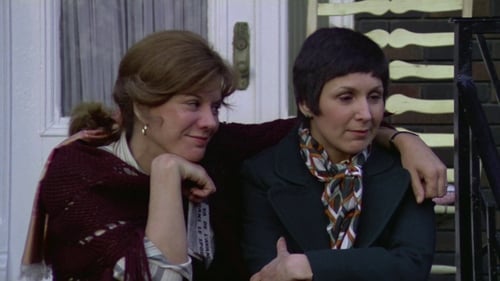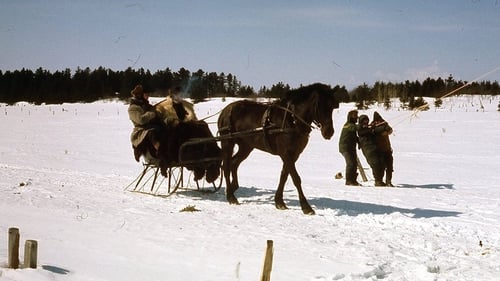
Roger
Six stories about Montreal. 1: A young housewife from Toronto samples the nightlife using basic French. 2: The tale of a painting of Montreal's first mayor, Jacques Viger. 3: During a hockey game, Madeleine tries to tell Roger she wants a divorce after forty years of marriage. 4: A visitor to a conference on pictographs arrives at the airport, where the female customs officer steals a momento from each person. 5: As she is being driven to the hospital in an ambulance after an auto accident, Sarah recalls her life. 6: At a diplomatic reception, an older woman reminisces about her grand love in Montreal.


This poignant human drama is phrased as a "small sonata" in three movements -- a novel approach by director and writer Micheline Lactôt to tell the story of two teenage girls. In the first movement, Chantal (Pascale Bussieres) rides the same bus every day and slowly develops an infatuation with the bus driver. Their interactions are expressed through gestures and glances and facial expressions, but not words. Just as Chantal is getting old enough, and maybe courageous enough to actually say something to the driver, fate steps in and she loses her chance. In the second movement, Louisette (Marcia Pilote) hides out on a fishing boat and is discovered by a Bulgarian fisherman who treats her with kindness and consideration and they spend a special evening together -- without being able to speak a word in the other's language. In the third movement, Chantal and Louisette become friends, and as kindred spirits they share a sense of loss and hopelessness.

Léo Lafrance
Les Grands Enfants does not tell a story in the traditional sense. Instead, it offers an honest image of people's dreams of change : people often unemployed, dissatisfied in some way with their work, or caught up in complicated social relationships. The film is set in Montreal.

A young police officer goes through Abitibi to take a train with a young convict who escaped from her orphanage.

A Worker
The wife of photographer J.A. Martin decides to go with him in his tour of the hard Canadian countryside at the turn of the century. She hopes the intimacy will revive their marriage.

Joseph Lapointe
30-year-old Quebec City native Gisèle lives a quiet life as a secretary without happiness with her parents and siblings. One day, tired of being teased by her office mates, she decides to consult a marriage agency to find her soul mate.

Hélène is a woman who already has, in her view, quite enough children. For some time she has secretly been taking birth control pills, but now she is too old to use them safely. When her husband Gabriel discovers the pills, he is distressed, since he wants a large family. The two of them discuss their differing attitudes and desires but come to no resolution.

A writer, Kamouraska is based on a real nineteenth-century love-triangle in rural Québec. It paints a poetic and terrifying tableau of the life of Elisabeth d'Aulnières: her marriage to Antoine Tassy, squire of Kamouraska; his violent murder; and her passion for George Nelson, an American doctor. Passionate and evocative, Kamouraska is the timeless story of one woman's destructive commitment to an ideal love.







